As a journalist, I’ve been on the periphery of quite a few wars: for example, I went to Bosnia as the war ended in 1995 (at a time when snipers were still a threat). I was in Egypt during its 2011 revolution, with its jubilant but scary air of lawlessness. And smouldering buildings in Cairo’s Tahrir Square.
Just once, before now, I have plunged into the heart of a war, when, with a photographer friend, we persuaded a reluctant cab driver to take us from Beirut to south Lebanon during one of the Israeli invasions. As soon as we arrived, in a small mountain town called Machgharah, we were seized by gun-toting Hezbollah soldiers. They thought we were Israeli assassins posing as idiot tourists. They interrogated us in the neighbourhood Hezbollah HQ, even as the Israeli forces bombarded the town all around.
I know, therefore, that war produces moments of jarring strangeness. The normal butts up against the madly abnormal. One moment you are actually enjoying a kebab given you by a sympathetic local, the next you are anticipating death as a shell lands nearby, evoking terrible screams, and the Hezbollah fighters casually discuss whether they should shoot you (in the end, miraculously, they let us go, with a warning never to return).
Nonetheless after two weeks in Ukraine, this war feels stranger than any.
Where did this strangeness begin? Probably before I even crossed the border. In the stately, ex-Habsburg, Polish frontier town of Przemysl I was having an al fresco wheat-beer in a popular bar and realised I was sitting next to a peculiar couple, comprising two young guys: one a wiry, hard-looking Ukranian, adorned with facial tatts, the other a skinny British lad with a faintly posh accent.
Blithely, I presumed the Ukrainian was some kind of soldier grabbing a weekend of RnR (as the last stop before Putin’s war, Przemysl is full of military types, special forces, and Nato ‘advisors’); I similarly assumed the young Brit was having a particularly exciting gap year volunteering for Ukrainian charities (there are many of these people).
I couldn’t have been more wrong. When I eavesdropped, it became clear the Ukrainian was a guilt-ridden draft dodger, and the British lad was a soldier for one of the international regiments. As I exited the bar, the Brit was saying, loudly and drunkenly, ‘I bought a Kalashnikov in Kherson. It’s easy. Come back with me to Ukraine! Come back and fight Putin!’
The next day I saw the Briton again, in the long queue for the Przemysl-Lviv train. He was alone.
I made friends on the train. Ukrainians like to make friends, especially now, and especially with Brits (we are popular, because of Boris and British military help). As we rattled across the moonlit Polish-Ukrainian frontier I met 50-something Tania, who lives in Toronto. She told me, unprompted, that she was taking a 20-hour rail journey to go rescue her elderly and terrified parents in Odesa, and escort them to Canada. Somehow. She exuded despair, panic and stoicism all at once.
I also met Yulia, a woman in her early 40s, from London, who described how her husband, who works in IT, had ended up stuck in Kyiv. As she bluntly put it: ‘He is Ukrainian citizen. Men aged 18-60 cannot leave country.’ It was at that point I belatedly realised the train, in terms of passengers, was 90 per cent women.
The next days in Lviv felt, at first, strangely ordinary. It’s a handsome Austro-Hungarian city, with airy cafes and pubs full of chattering young people scrolling their iPhones. At first glance you could be in Vienna, Budapest, or Munich. But then you encounter all the young men in slings, or with missing limbs. You notice the abundant weddings in the sandbagged Orthodox churches: weddings with few guests, a pretty and probably tearful bride, and a young man with a military crew cut. Then you sharply realise he is probably going back to the front line tomorrow. Hence the hurried nuptials.
All very striking, and sometimes strange. However, the strangeness came to a peak when I moved on, determined to explore more of the home front, and I made for a place called Chernivtsi.
Chernivtsi, 30 miles from the Romanian border, is another Austro-Hungarian city. It is the birthplace of the ‘Holocaust’ poet Paul Celan (‘black milk of dawn we drink you at night’), and the Italo-Austrian author Gregor von Rezzori (Memoirs of an Anti-Semite). It is gracious and quaint, with its trio of cathedrals, its streets of Belle Époque brasseries, its pseudo-Byzantine redbrick university. And, at its heart, there is something decidedly odd.
I first realised that something was up when I arrived late at night, asked the cabbie to take me to the Victoria Deluxe Hotel. Booking.com was telling me this was by far the best in town, with a 9.5 rating. Yet the cab driver had never heard of it. He spent 30 minutes tootling pointlessly around, then he called the hotel, and eventually we found my gaff hidden away behind a gate. The hotel was not on Google Maps, nor was it on Apple Maps.
Besides being near unfindable, the hotel it turned out, was seriously luxe. The chic restaurant offered oysters, champagne, and soft-shell-crab sushi. The clientele, which came and went all the time, was a mix of bewildered locals, extremely beautiful young women, silent security types with Rolex watches, inexplicable groups of Italian men speaking English, and billionaires who parked their Rolls Royce SUVs in the gated drive, just in time for the special ‘gastro’ nights of whole imported bluefin tuna.
A few days later, right next door to my hotel, I found a big glowing deli, with a fine selection of Barolos, Brunellos and Gran Reserva Riojas, and bottles of ultra-rare malt whisky for £800. And all of this in provincial Ukraine, which is at war, and which has a GDP per capita of £3,500? The story got even more peculiar when I did some sleuthing, and discovered that the hotel opened in… July 2022. Months after the war began.
Who opens a hotel a few months into a devastating war? With likely the most opulent menu in the war-torn country?
I spent a week in the Victoria Deluxe hotel, hypnotised by it all, looking at these people who either had lots of money already, or were making money out of the war. I watched them guzzle their caviar and fin de claires. For a day or two it all felt wrong. Like I was observing a crime scene.
I know that war produces moments of jarring strangeness. The normal butts up against the madly abnormal
And then one evening I saw two handsome young Ukrainian boys, polite and kind and joking on the terrace, aged about 17, and I realised that even for the rich people of Ukraine – even for the war profiteers – if that is what they are – this war is cruel. Those kids obviously had parents. Those parents would be struggling with the urge to ship those boys across the border, to spirit them to safety, before they turn 18, and get drafted, and then possibly get mutilated or killed. By some estimates, Ukraine now has as many amputees as Britain or Germany did in mid-1918.
In the end I was so compelled by Chernivtsi I ran out of time. So I departed my hotel, and caught an obscure border-crossing bus to Seceavu in Romania, with the resolution to come back to Odesa later.
As we set off, the driver made a long speech in Ukrainian to the passengers. I didn’t understand a word so I lifted my phone and sort-of caught it with Google Translate. At one point he seemed to rhapsodise, angrily, about a soldier friend – or relative, or brother – left behind at the front line. ‘Buses don’t go anywhere. Pray for our country. I left us one of the meals, so that we could think about returning to him because we are strong. Rains like his, the honour of events to you – with cottage cheese.’
It was basically unintelligible. Yet somehow, absolutely right. Perhaps because it was so decidedly strange.
Got something to add? Join the discussion and comment below.
Get 10 issues for just $10
Subscribe to The Spectator Australia today for the next 10 magazine issues, plus full online access, for just $10.

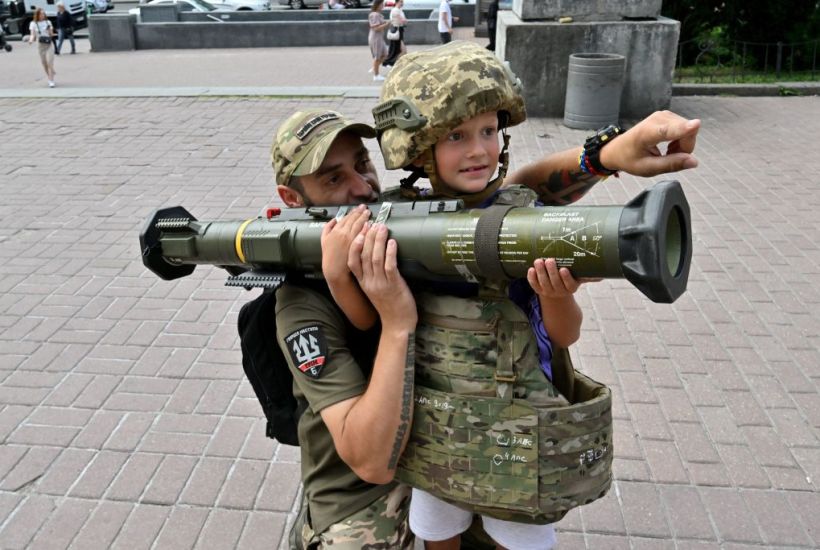
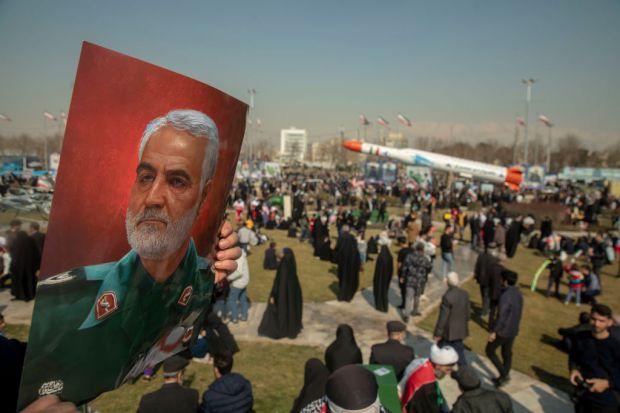
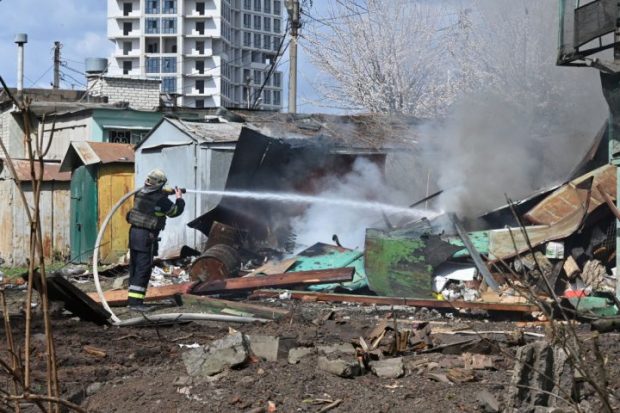
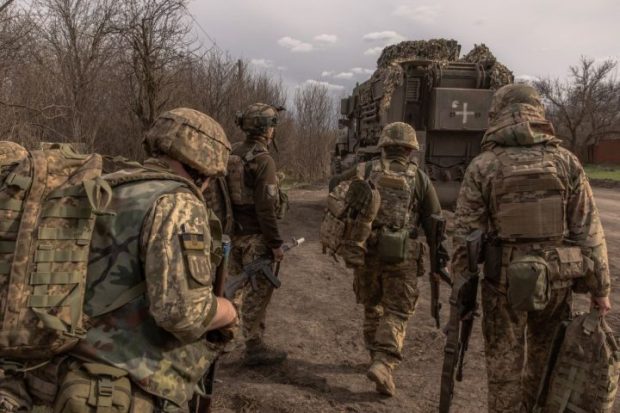
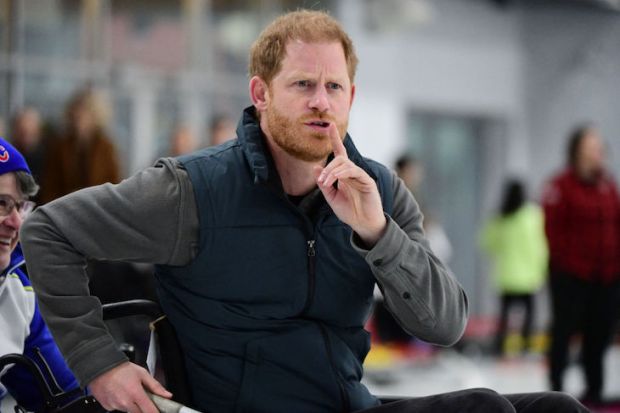
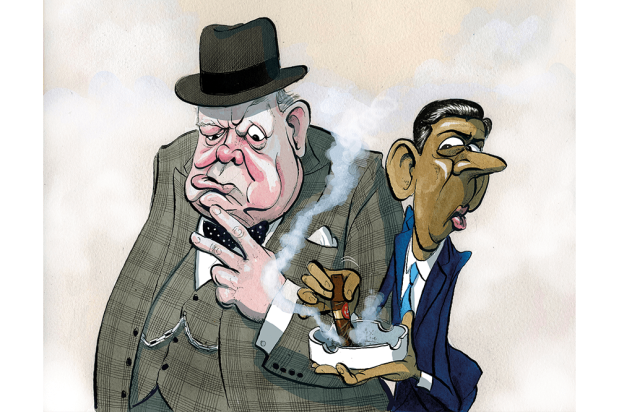
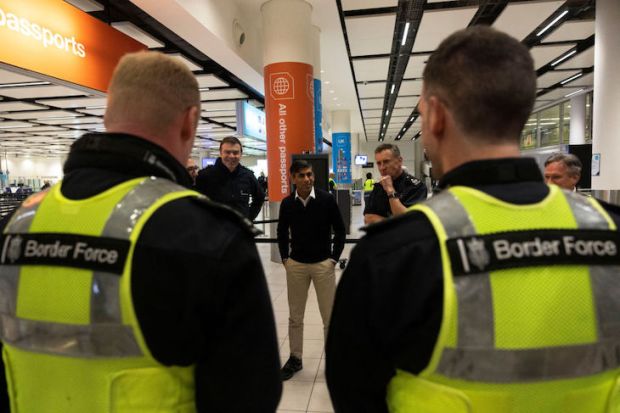












Comments
Don't miss out
Join the conversation with other Spectator Australia readers. Subscribe to leave a comment.
SUBSCRIBEAlready a subscriber? Log in